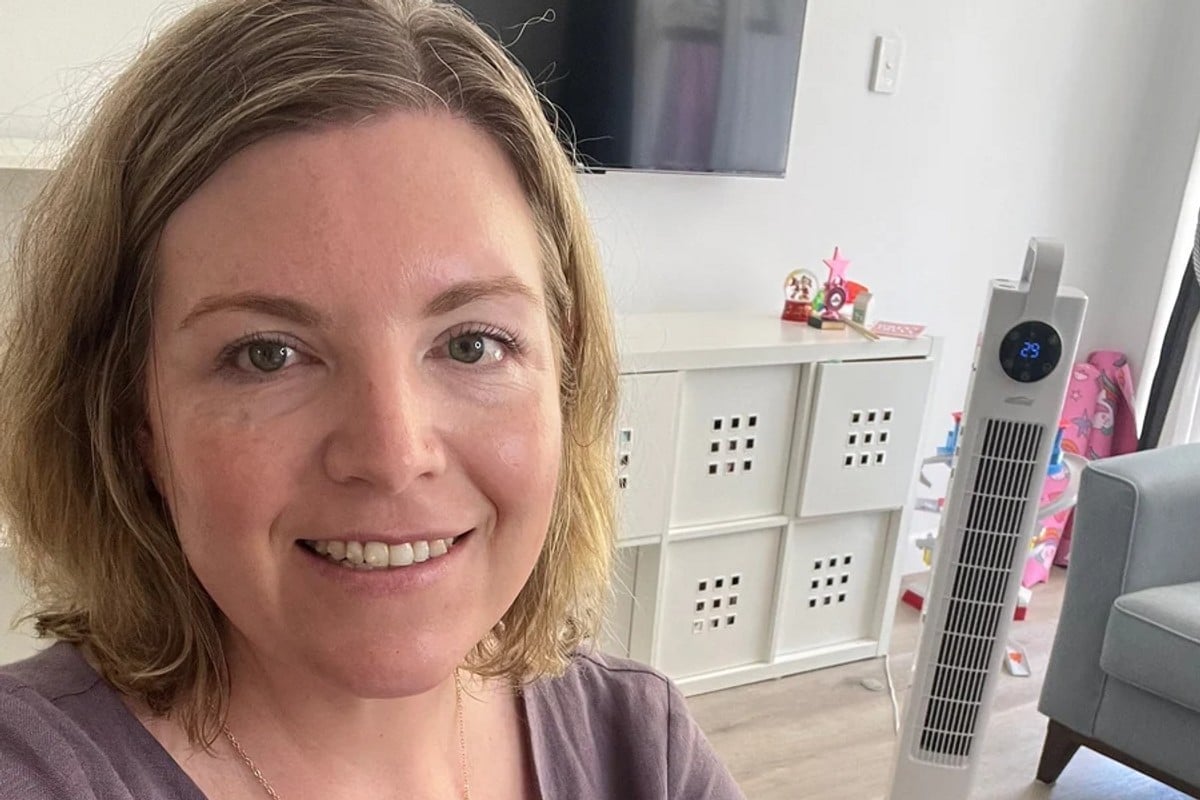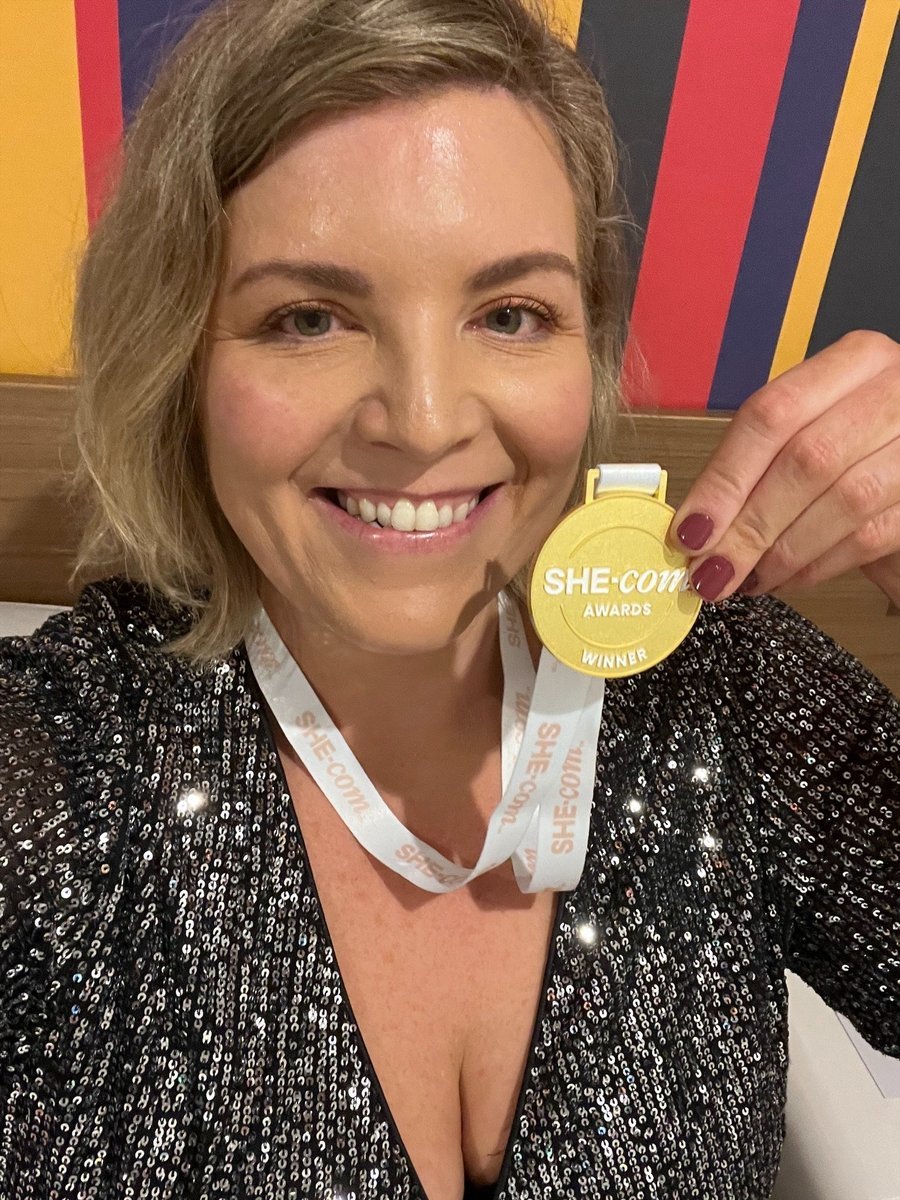
As a teenager, Jane couldn't wait until she was old enough to drink. She didn't consider herself unusual though. Most teens were intrigued by alcohol.
By the time she reached her early twenties, drinking was a normal part of life, something she did for fun or to feel more confident.
"Typical middle child and always felt like the odd one out, so alcohol seemed to help increase my confidence, and I thought it made me more fun," says Jane.
Watch: Your body without one year of alcohol. Post continues after the video.
"I never questioned it because everyone around me was drinking too. Looking back, I can see that I was already using alcohol as more than just a social tool, but I didn't realise it at the time."
As she approached her mid-twenties, things took a turn, and her drinking became more intense. She'd often black out, sometimes putting herself in dangerous situations.
"I thought that was just a normal part of being young."
At 25, she met her future husband, Pete*, who was also her first boyfriend. For Jane and Pete, drinking nightly was a normal part of their life. It was just what adults did, Jane thought at the time. She didn't consider her drinking to be an issue until she raised it with some work colleagues.





























































































